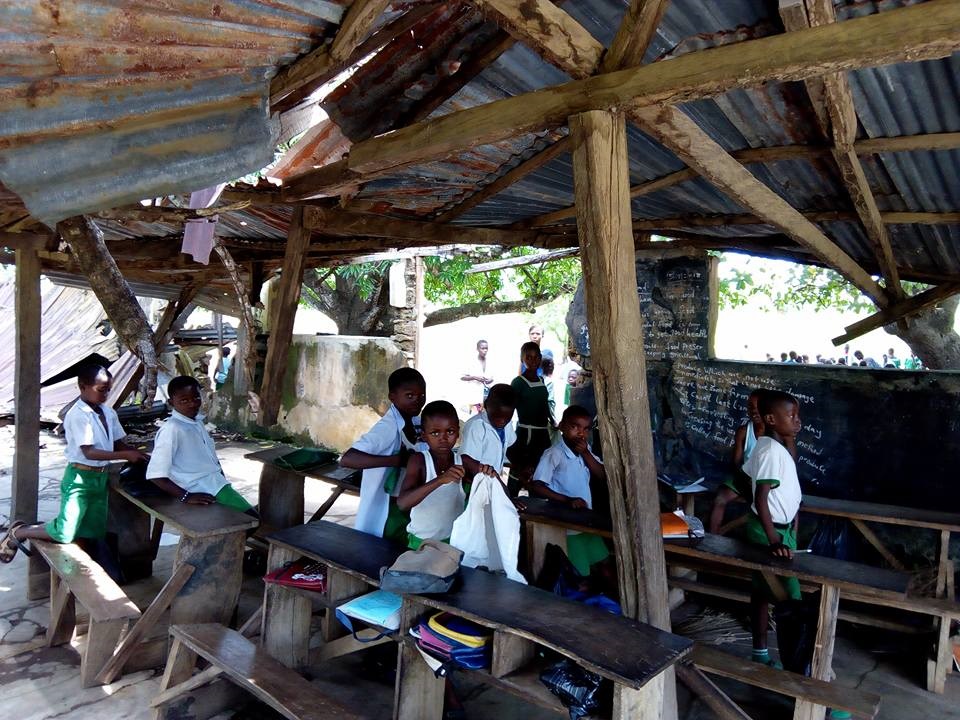
Notwithstanding the fact that the Constitution prescribes 11 official languages, those of the groups previously discriminated against are yet to be offered at every school in the country.
English is understood as a international language of communication across racial and ethnic groups.
To ensure that people can communicate at all levels – nationally, continentally and internationally – it is ideal that one common language, that is, English, be taught as a compulsory subject in all schools.
In order to advance the use of languages of indigenous people and realise the constitutional right to equality, it is imperative that these languages be taught at school from Grade 1 to Grade 12.
Can each school, private and public, offer all official languages and can they afford human resources for each language, considering the number of school grades?
Or should certain schools offer certain languages and, if so, would that not resurrect the group areas model, and how would that impact on social integration and cohesion?
Gauteng is one complex cosmopolitan province which can be used as an example to determine a workable approach.
Rather than creating schools known for the specific indigenous languages that they offer, it is ideal that each school offer all 11 official languages to foster integration and cohesion, as well as avert children in a particular area being forced to commute long distances to reach schools that offer their preferred languages.
An example can be made with three private schools in Centurion, Gauteng – Curro Thatchfield and Trinityhouse, and Amberfield College that is under construction – on how to achieve this goal.
These schools are in a radius of about 7 kilometers to each other. Curro offers English, Afrikaans, Setswana and isiZulu; Trinity offers English, Afrikaans and isiZulu, and Amberfield is to offer English, Afrikaans, Sepedi and isiZulu.
READ: Understanding the language of Africa
Given the desire of parents that their children learn their languages, Sepedi-speaking parents are likely to take their children to Amberfield.
What about children from other linguistic backgrounds such as the amaNdebele, vhaVenda and Tsongas? Should they also have their own schools where they can learn their home languages?
Each of the above schools should offer all official languages to ensure that the group areas system, in this instance for each ethnic group or designated ethnic groups, is not repeated.
Languages, excluding English, should be taught at the same time in each grade at all three schools, two to three grades per day, with learners doing the same language and in the same grade converging in one class.
One language expert teacher could teach concurrently in all three schools, using multipoint videoconferencing, with invigilation and support rendered by assistant teachers with a corresponding language background.
Support teachers could be teachers of other subjects in those schools. This would foster employment of people of different races and ethnicities, thereby helping to achieve social integration and cohesion.
This would result in the expertise of a devoted teacher being shared in various schools for the benefit of many pupils.
Each of the schools could then share resources, with one school paying salaries of expert teachers of three languages: Setswana, isiXhosa and Tshivenda; Sesotho, isiZulu and Xitsonga; and Sepedi, isiNdebele or siSwati.
In addition, pupils would see their languages as equal, and not see other languages as insignificant because they were not offered at schools, as it is currently the position.
To further ensure there is multilingualism, a compulsory extracurricular language class (ELC) should be scheduled bi-weekly as a last class of the day on a Friday. ELC would be a platform where pupils electively learn the basics of other languages.
Parents and pupils would chose subjects – a Motswana pupil would learn isiXhosa or siSwati; a Xhosa pupil would learn Setswana or Sesotho; a Mopedi pupil would learn Tsonga and vice versa; and an Afrikaner pupil would learn Tshivenda and vice versa.
Pupils should select a different language every year. This would allow each pupil to know the basics of the language of their fellow citizens.
Various organs of state – including the department of basic education, the SA Human Rights Commission, the Pan South African Language Board, the National Heritage Council and the CRL Rights Commission – have important roles to play concerning the elevation of indigenous languages and the achievement of multilingualism.
Legislative and policy development and/or change are required to achieve this imperative and objective.
School governing bodies and boards should also be involved to robustly engage in legislative and policy change to build an equal, united and diverse (rainbow) nation.
Once this was in place, the addition of languages spoken in other African countries should follow as ELCs, to be used as a tool to extinguish the xenophobia fire.
Sedupane is an advocate of the high court




 Publications
Publications
 Partners
Partners








